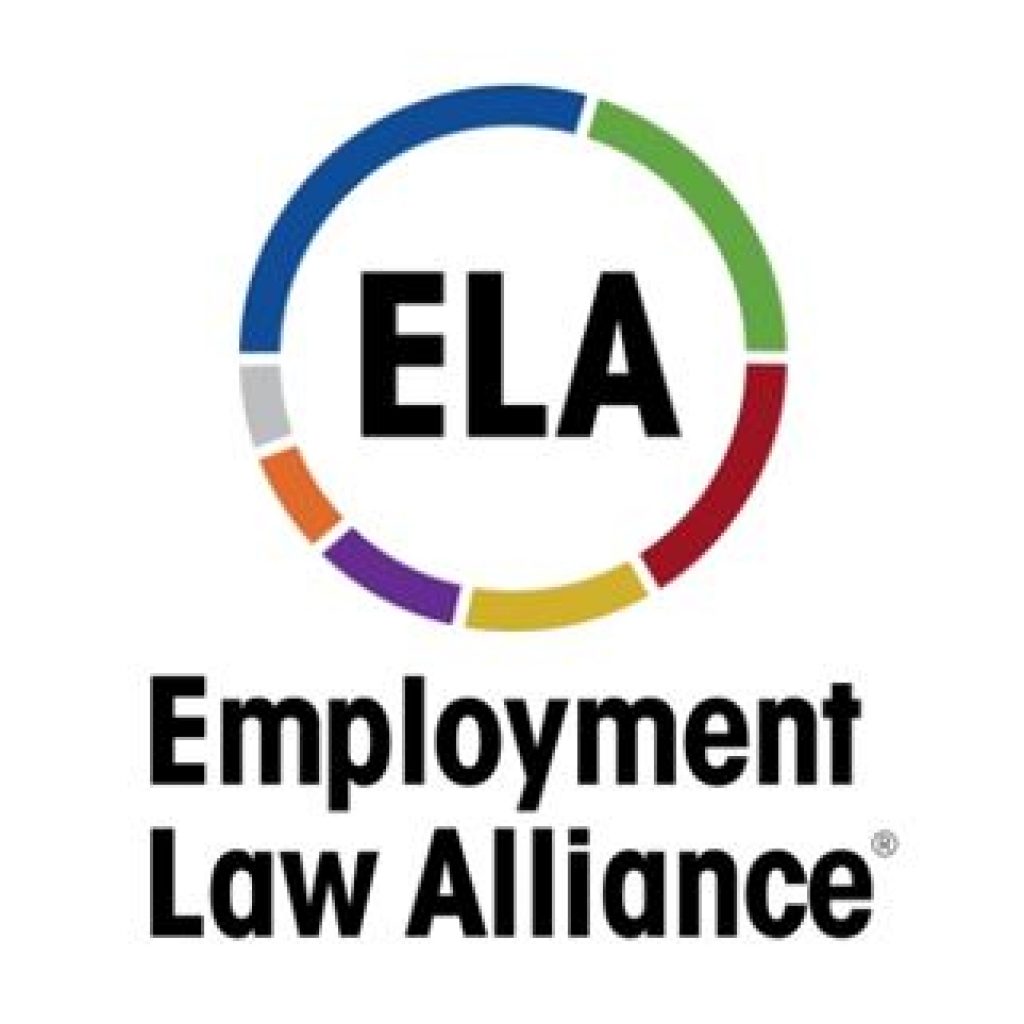NLRB Reinstates Arbitral Deferral Standard
In another about-face from positions taken by the National Labor Relations Board under the Obama administration, the Board announced the reinstatement of its longstanding arbitral deferral standard, which it uses to decide when to defer to an arbitrator’s grievance decision as to whether an employee’s discipline or discharge violates the National Labor Relations Act.
In United Parcel Service, Inc., the Board overruled the 2014 case of Babcock & Wilcox Construction Co., Inc. In Babcock, the Board overturned longstanding precedent and stated that, even if the arbitration procedures appear to have been fair and regular and the parties have agreed to be bound by the results of arbitration, it would not defer to an arbitral decision unless (1) the arbitrator was explicitly authorized to decide the unfair labor practice issue; (2) the arbitrator was presented with and considered the statutory issue, or was prevented from doing so by the party opposing deferral; and (3) Board law reasonably permits the award.
Now, the Board has returned to the standard that was first articulated in the 1955 case of Spielberg Mfg. Co. Under the reinstated standard, the Board will defer to the arbitrator’s decision where: (1) the arbitral proceedings appear to have been fair and regular, (2) all parties have agreed to be bound, (3) the arbitrator considered the unfair labor practice issue, and (4) the arbitrator’s decision is not clearly repugnant to the Act.
The Board further noted that Babcock also substantially altered the prearbitral standard for deferral to grievance arbitration proceedings and to prearbitral grievance settlements in unfair labor practice cases alleging unlawful discharge or discipline. Under Babcock, the Board would only defer to grievance arbitration proceedings where the parties in a collective-bargaining relationship explicitly authorized an arbitrator to decide the unfair labor practice issue, and the Board would not defer to grievance settlement agreements that did not meet the new requirements for postarbitral deferral. These holdings have likewise been overruled in United Parcel Service, Inc.
In its press release regarding this change, the Board states that the restored standards “better promot[es] the strong federal policy in favor of arbitration as the parties’ agreed-upon mechanism for resolving employment disputes.” Certainly, the change supports employers’ ability to proceed with arbitration as a resolution of disputes under the NLRA.







